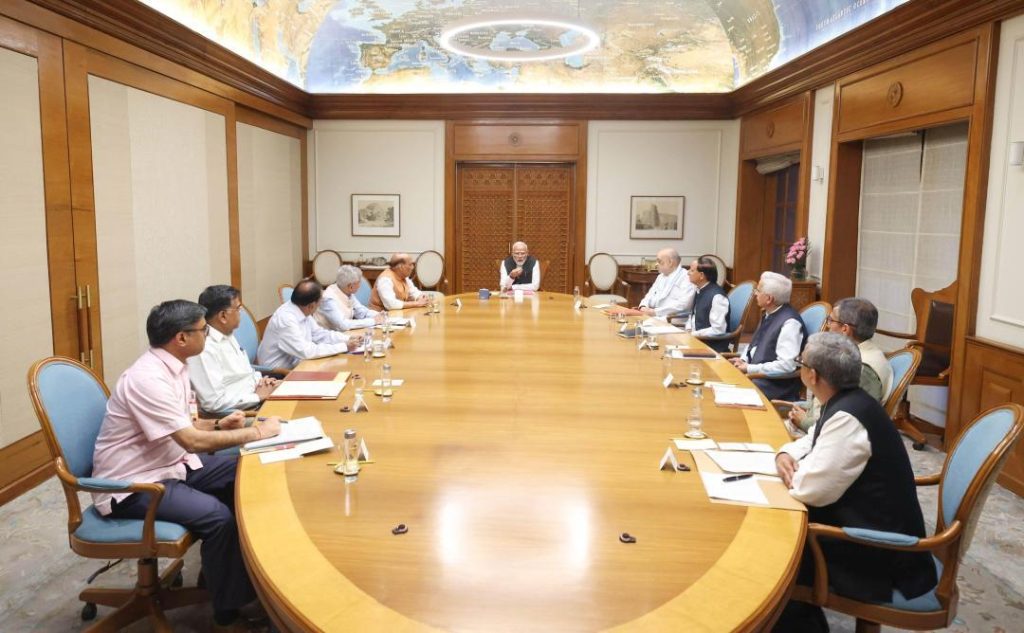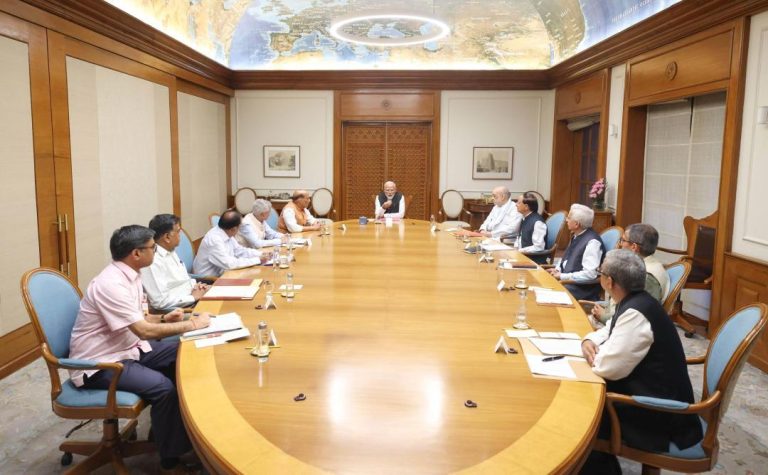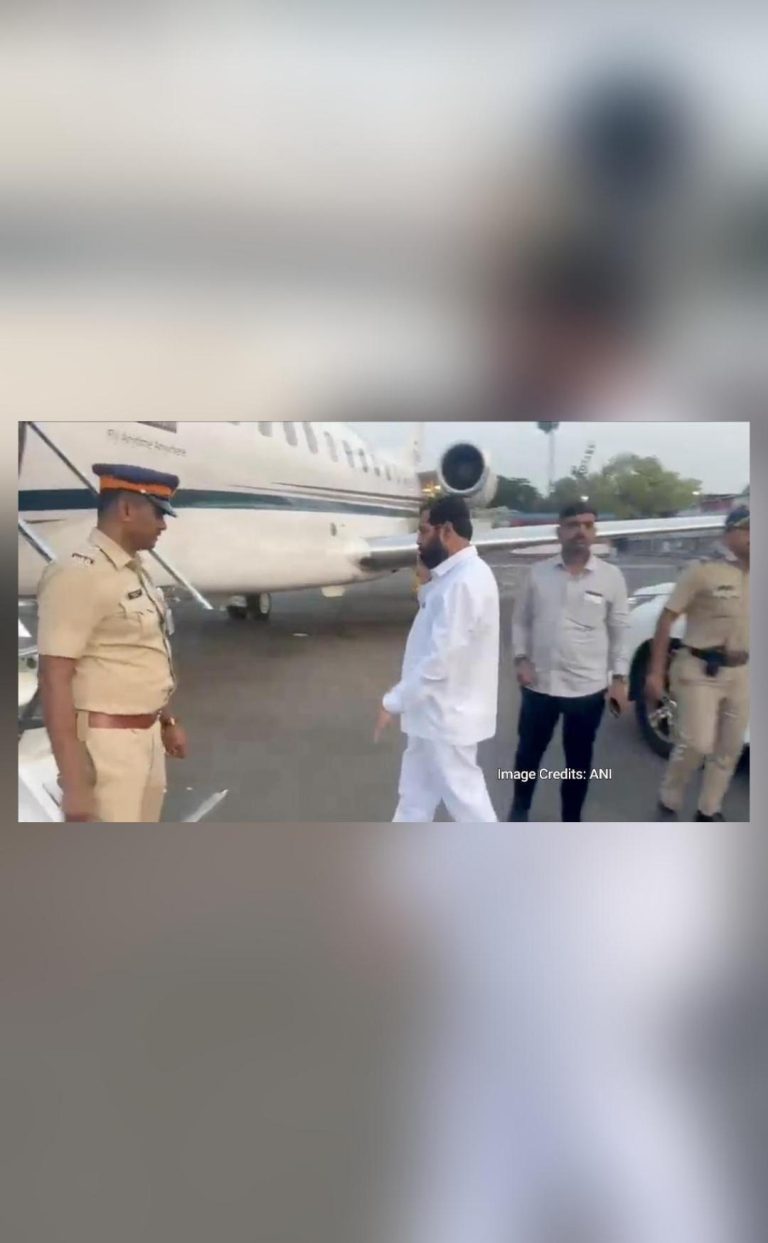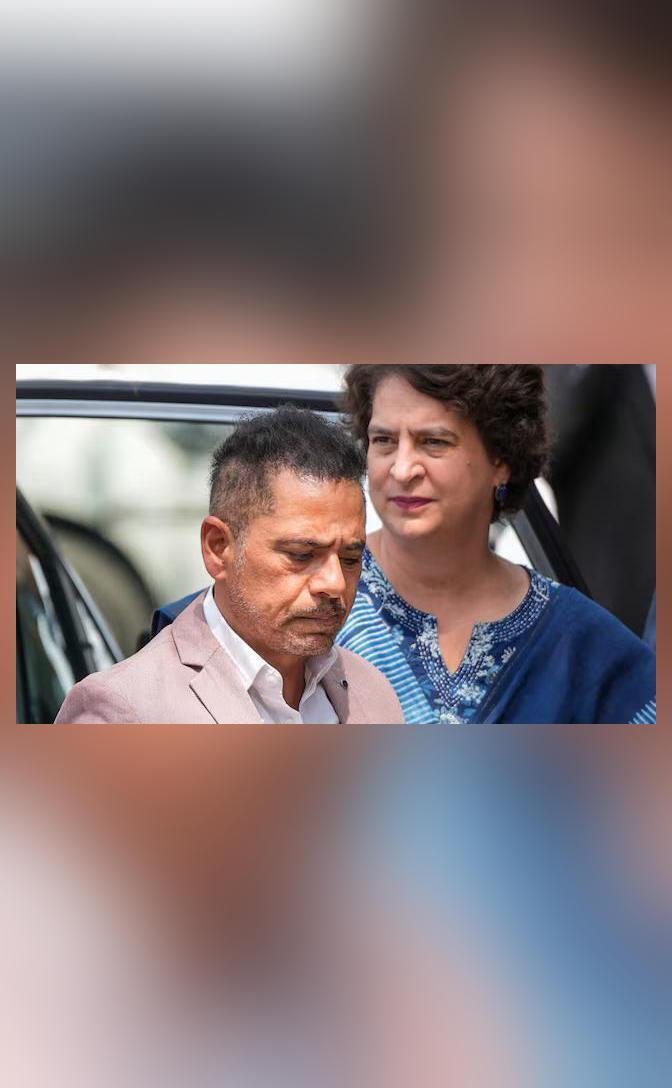
Top Level Meeting on Security Begins at PM Modi’s Residence, Day After J&K Terror Attack
In the aftermath of a devastating terror attack in Jammu and Kashmir’s Pahalgam, which claimed the lives of at least 26 tourists, the Indian government has convened a high-level meeting to discuss security measures and respond to the situation. The Cabinet Committee on Security (CCS) meeting, which began on Wednesday, was attended by top officials, including Home Minister Amit Shah, Defence Minister Rajnath Singh, and National Security Adviser (NSA) Ajit Doval. The meeting took place at Prime Minister Narendra Modi’s residence in Delhi, a day after the heinous attack that sent shockwaves across the nation.
The meeting comes as a response to the brutal attack on tourists, who were on a trip to the picturesque valley of Pahalgam, a popular tourist destination in South Kashmir. The attack, which occurred on Tuesday evening, has left the nation in a state of shock and outrage. The victims, who were mostly foreigners, were targeted by terrorists while they were on a trek to the nearby Chandanwari area.
The CCS meeting is expected to deliberate on various aspects of the situation, including the security lapses that led to the attack, the response of the security forces, and the measures that need to be taken to prevent such incidents in the future. The meeting will also likely discuss the broader implications of the attack, including the potential impact on tourist traffic and the economy of Jammu and Kashmir.
The presence of Home Minister Amit Shah, Defence Minister Rajnath Singh, and NSA Ajit Doval at the meeting underscores the gravity of the situation and the government’s commitment to ensuring the safety and security of its citizens. All three officials are known for their expertise in security and counter-terrorism, and their inputs will be crucial in shaping the government’s response to the attack.
Home Minister Amit Shah, who returned from Jammu and Kashmir this evening, is likely to brief the CCS on the ground situation in the valley and the measures that have been taken to contain the violence. Defence Minister Rajnath Singh will likely provide insights on the military’s preparedness and response to the attack, while NSA Ajit Doval will likely focus on the intelligence gathering and analysis that led to the attack.
The CCS meeting is also expected to discuss the role of intelligence agencies in preventing such attacks in the future. There have been reports of intelligence failures in the past, which have allowed terrorists to carry out attacks with relative ease. The meeting will likely assess the effectiveness of the intelligence agencies and identify areas for improvement.
In addition to the CCS meeting, the government is also likely to take other measures to ensure the safety and security of its citizens. This may include increasing the deployment of security forces in Jammu and Kashmir, enhancing intelligence gathering and analysis, and implementing stricter security protocols at tourist destinations.
The Jammu and Kashmir terror attack has sent a shockwave across the nation, and the government’s response to the situation will be closely watched. The CCS meeting is a crucial step in this response, and its outcome will have significant implications for the future of security and stability in the region.
As the nation waits with bated breath for the outcome of the CCS meeting, one thing is clear: the government will stop at nothing to ensure the safety and security of its citizens. The meeting is a testament to the government’s commitment to protecting its people, and its outcome will shape the future of security in India.
Source: https://x.com/airnewsalerts/status/1915027030753808585




